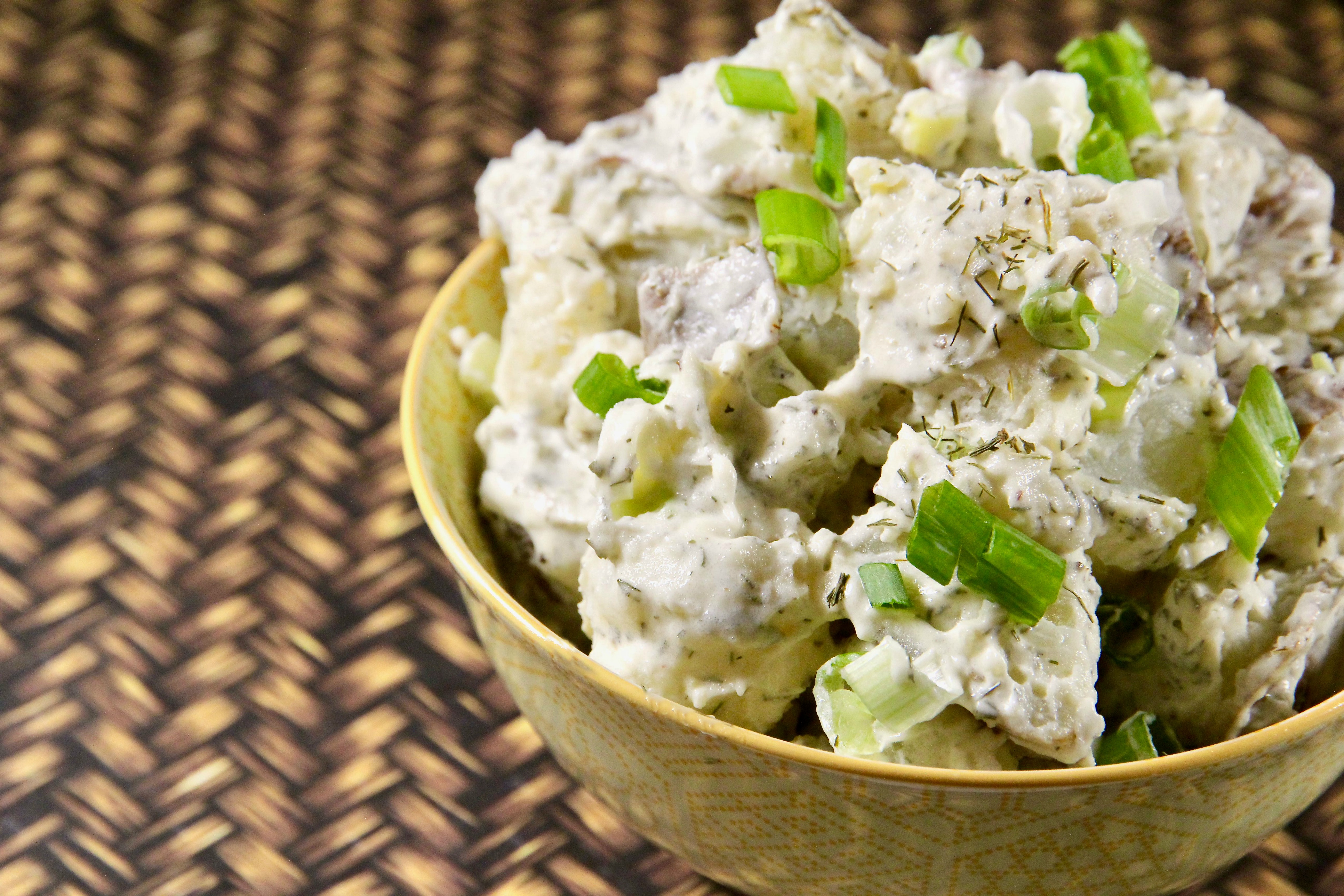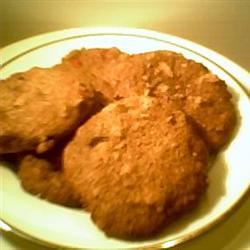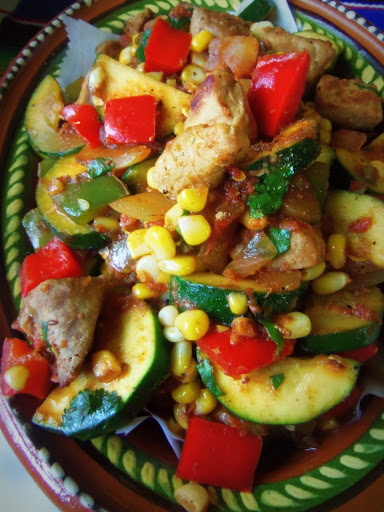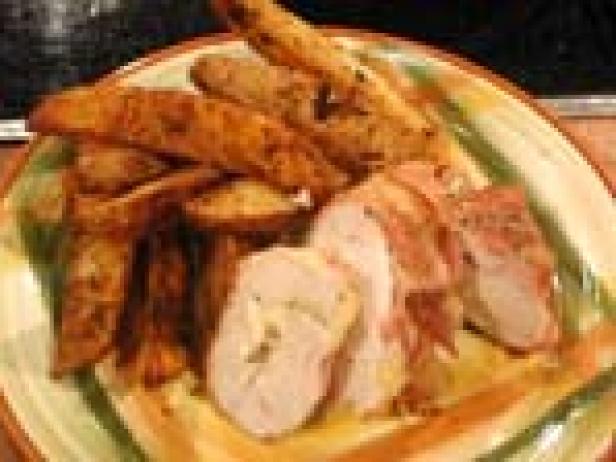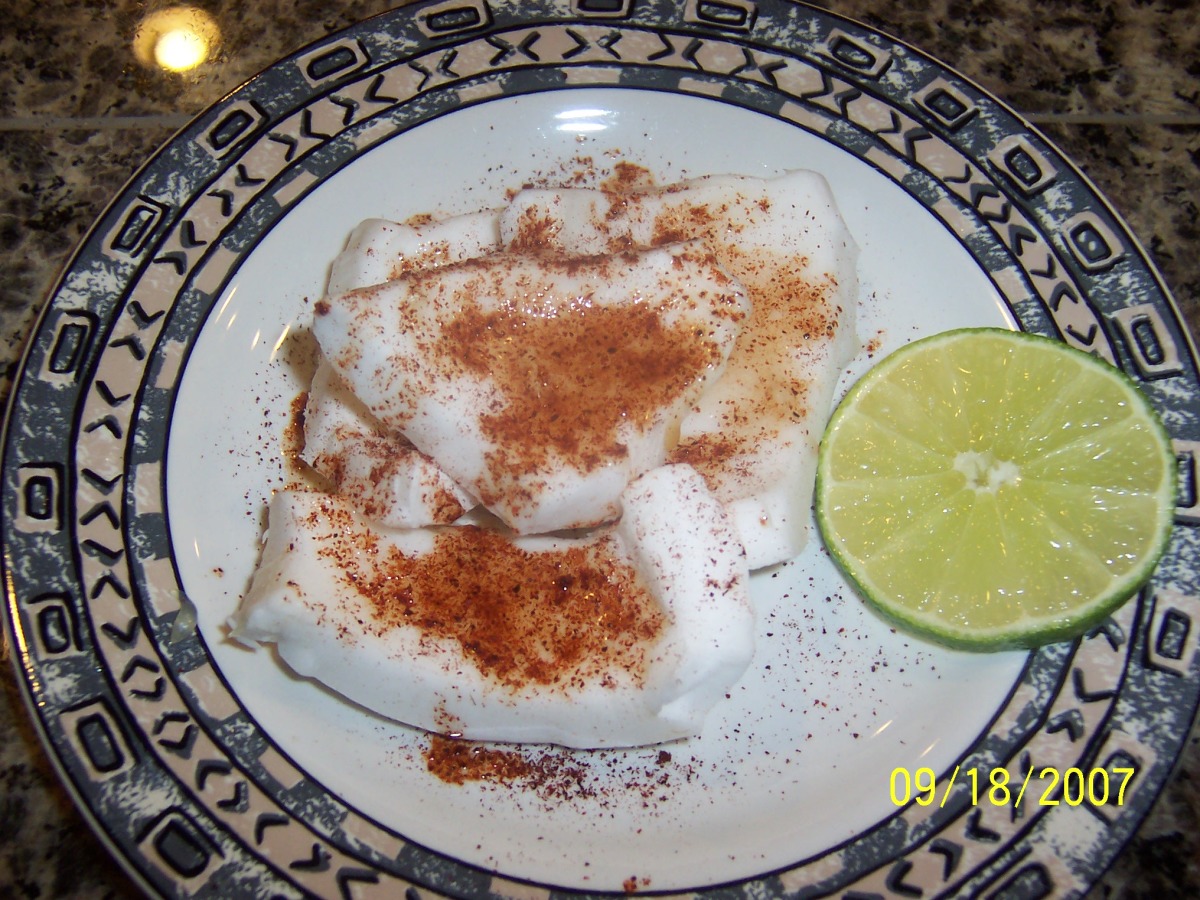**Schnitzel: A Culinary Journey Through Three Classic Preparations**
Schnitzel, a culinary masterpiece originating from Austria, has captured the hearts of food enthusiasts worldwide with its delectable taste and versatile nature. This article presents a comprehensive guide to preparing schnitzel using three distinct proteins: chicken, veal, and pork. Each recipe showcases the unique flavors and textures of these meats, offering a symphony of culinary delights. Embark on a culinary adventure as we delve into the art of crafting chicken schnitzel, veal schnitzel, and pork schnitzel, providing step-by-step instructions, essential tips, and variations to suit every palate. Discover the secrets behind achieving that perfect golden-brown crust and tender, juicy interior that has made schnitzel a timeless classic. Prepare to tantalize your taste buds and impress your dinner guests with these exceptional schnitzel recipes, each a testament to the culinary artistry of this beloved dish.
PORK, VEAL, OR CHICKEN SCHNITZEL
I have read the other schnitzel recipes listed but none of them are made exactly the same as the way I was taught by a German GuestHouse (like a inn in Germany)Owner when we lived there 1975-1978. All the tradition schnitzels I ate while there were made with either veal or pork. Many Americans make it with Chicken Breasts. I make it most often that way as well since it is cheaper and tastes just as good. If using pork or veal cutlets use one in place of each chicken breast mentioned below.
Provided by CarrolJ
Categories Chicken
Time 1h5m
Yield 1 serving(s)
Number Of Ingredients 8
Steps:
- also requires: 2 large pieces of wax paper for each breast used 1 large baking pan or cooky sheet in a 200-250 degree oven for keeping meat hot while cooking successive pieces.
- 1 piece of paper towel to put between layers of meat in the low hot oven to keep pieces from sticking together.
- Place a piece of breast in between 2 large pieces of wax paper.
- Using the smooth side of a meat tenderizer, pound until very thin.
- (Turn over so that you can pound on both sides of the meat.) The breast will become very large and you will actually be able to get at least 2 large servings from each breast.
- After pounding each piece of meat, place on a large serving plate without removing the wax paper and chill well in the refrigerator.
- When ready to cook do the following-- Place the eggs in a glass pie pan with the water, salt, and pepper and mix well.
- Place the flour in another container next to the seasoned eggs.
- Place the bread crumbs in another container on the other side of the seasoned eggs.
- Start heating up the cooking oil in a large frying pan on medium high heat.
- DO NOT get oil too hot-- but hot enough so that it will cook the meat quickly without burning either the meat or the oil.
- After removing the wax paper from each side of the meat, dip each piece of meat in the eggs, then the flour, then the eggs again, then the breadcrumbs.
- Fry until golden brown on each side.
- Place each piece of cooked meat in the oven using paper towel pieces to separate the pieces from each other.
- When finished cooking serve with slices or wedges of fresh lemon.
- NOTE** This meat dish is traditionally served with either pomme frits (french fries) or home fried potatoes and salad.
- I find it is good with most side dishes.
- It is such a favorite in our home that family members fight over the leftover pieces eating them cold right from the refrigerator.
Nutrition Facts : Calories 1134.4, Fat 65.9, SaturatedFat 10.1, Cholesterol 261.5, Sodium 2932.1, Carbohydrate 88.4, Fiber 4.7, Sugar 3.7, Protein 45.2
GRANNY'S GERMAN SCHNITZEL RECIPE

Granny's German Schnitzel Recipe has been passed down for generations. Use this same method for pork schnitzel, veal schnitzel (weiner schnitzel), or chicken schnitzel.
Provided by Rachel Farnsworth
Categories Main Course
Time 20m
Number Of Ingredients 9
Steps:
- Trim meat of any unwanted fat (if desired). Lay the pork or veal chops out on a countertop between two layers of plastic wrap. Pound out chops until 1/4 inch thick. Season with salt and pepper.
- Spread flour out into a shallow dish. In another shallow dish, whisk eggs together with lemon juice. In a third shallow dish, spread out bread crumbs.
- Pour about 1/4 inch of vegetable oil into a large deep skillet. Bring oil to 350 degrees F.
- Dredge chops into flour to coat, then immediately dip into eggs to coat, followed by bread crumbs to coat.
- Place chops into the hot oil and fry 3 to 4 minutes. Work in batches if needed based on size of pan. Chops shouldn't be crowded.
- Gently flip over and cook for an additional 3 to 4 minutes on the other side until chop reaches a minimum internal temperature of 145 F and is browned and crisp.
- Serve hot with lemon slices.
Nutrition Facts : Calories 621 kcal, Carbohydrate 43 g, Protein 52 g, Fat 24 g, SaturatedFat 9 g, Cholesterol 260 mg, Sodium 1003 mg, Fiber 2 g, Sugar 1 g, ServingSize 1 serving
CHICKEN, VEAL OR PORK SCHNITZEL
An easy weeknight meal to serve alongside a salad. This comes from Rachael Ray.
Provided by Kathy D
Categories Other Main Dishes
Time 25m
Number Of Ingredients 9
Steps:
- 1. If using the chicken, butterfly each breast and place between wax paper. For pork, place chops several inches apart between wax paper. For veal, if you have large, thin-cut pieces, use as is. If the veal is more than 1/4 inch thick, place between wax paper. Pound the meat until very thin.
- 2. Season the meat with salt and pepper and dust in the flour.
- 3. Beat the eggs and milk or cream in a large shallow dish.
- 4. Combine the bread crumbs with the nutmeg and more salt and pepper and place on a large plate.
- 5. Coat the meat in egg, then in crumbs.
- 6. Heat a large non-stick skillet over medium to med-high heat with just enough oil in it to thinly coat the bottom of the pan. When the oil gets wavy looking, add the meat in a single layer and cook until golden on each side, about 3 minutes each. Transfer meat to a plate and repeat, if necessary.
- 7. Serve the schnitzels with lemon wedges.
CHICKEN, VEAL, OR PORK SCHNITZEL WITH RED CARAWAY CABBAGE
Steps:
- If using chicken, butterfly each chicken breast and place between wax paper. For pork, place chops several inches apart between wax paper. For veal, if you have large, thin-cut pieces from the butcher, use as is. If the veal is more than 1/4 inch thick, place it between wax paper. Pound the meat until very thin using a small heavy skillet or mallet.
- Season the meat with salt and pepper and dust in flour. Beat the eggs and milk or cream in a large shallow dish. Combine the bread crumbs with the nutmeg and more salt and pepper and place on a large plate. Coat the meat in egg, then in crumbs. Heat a large nonstick skillet over medium to medium-high heat with just enough oil in it to thinly coat the bottom of the pan. When the oil gets wavy looking, add the meat in a single layer and cook until golden on each side, 3 minutes each. Transfer the meat to a plate and repeat, if necessary. Reserve the cooked schnitzel under a loose foil tent.
- Meanwhile, heat a second, deep, large nonstick skillet over medium-high to high heat. Add about 2 tablespoons of the vegetable oil or light olive oil (twice around the pan). Add the onions, apples, and cabbage. Season the mixture with salt, pepper, and the caraway seeds. Toss and sear the mixture for 5 minutes, then add the vinegar, brown sugar, and Worcestershire and toss to coat and combine the cabbage evenly. Reduce the heat a bit and keep the cabbage going until the meat is all cooked.
- Serve the schnitzels with the lemon wedges and a pile of seared red cabbage with caraway alongside.
SCHNITZEL

The most celebrated schnitzels in Vienna feature a crisp golden crust that puffs dramatically around a thinly pounded veal cutlet (pork loin cutlets are an easy, inexpensive alternative to veal), allowing the meat to cook gently within. Head over to Germany and you are more likely to find schnitzel with a crust that adheres to the meat. Both versions can be fantastic. For an extra-puffy crust, brush the cutlets with vodka before breading them. The volatility of the alcohol produces steam that inflates the schnitzel as it fries. (Water or white vinegar will also work if you want to avoid using alcohol.) If you prefer a crust that adheres more closely to the meat, whack the cutlets with the back of a knife a few times after pounding them in Step 3 to create an uneven surface texture; dry the meat well on paper towels, and skip the vodka coating in Step 5.
Provided by J. Kenji López-Alt
Categories dinner, meat, project, main course
Time 8h30m
Yield 4 servings
Number Of Ingredients 8
Steps:
- With a chef's knife, cut the bread (including the crusts) into 1/2- to 1-inch cubes and spread on a baking sheet in a single layer. Set them out overnight until completely dry. Alternatively, place the baking sheet in a 200-degree oven until the bread is completely dry but not browned at all, turning and stirring occasionally, about 1 hour. Transfer dried bread to a mini chopper or food processor, and process until as fine as possible, about 1 minute.
- Transfer bread crumbs to a fine-mesh strainer set over a large bowl. Sift the fine crumbs into the bowl, leaving behind coarser crumbs. Discard the coarse crumbs, or process and sift again. (You can repeat this several times, but there are diminishing returns.)
- Working one at a time, place a cutlet between two sheets of parchment paper or in a heavy-duty zip-top bag. Pound with a flat mallet or the bottom of a skillet or saucepan, aiming at the thickest parts with the heel of the pan. The goal is to stretch the pork cutlets to about four times their original surface area (twice as wide, twice as long) with about 1/8-inch thickness. Do not pound so aggressively that the meat tears or frays. Transfer to a large plate or tray, season lightly with salt and pepper, and repeat with remaining cutlets.
- When ready to cook, heat oven to 225 degrees. Set up a breading station next to the stove with four rimmed baking sheets or dishes large enough to fit one cutlet with plenty of space around it. Leave the one farthest from the stove empty, add flour to the second, beaten eggs to the third, and the bread crumbs to the one closest to the stove. (It will seem like too many bread crumbs, and that is OK.)
- Add the vodka to a small bowl. Nearby, have a pastry brush, a clean kitchen towel, a timer, a large fork or thin slotted spatula, a large plate lined with paper towels, extra paper towels, a cooling rack set in a rimmed sheet pan, a fine-mesh fat skimmer in a small saucepan or heatproof bowl, and an instant-read thermometer.
- When ready to cook, heat the lard in a large wok, Dutch oven or deep, steep-walled sauté pan over medium-high until it registers 375 to 400 degrees on the instant-read thermometer. Adjust flame to maintain that temperature throughout the cooking process.
- Working one at a time, place a cutlet in the empty rimmed baking sheet. Brush the meat with vodka, completely covering both sides with a thin layer. Immediately transfer the cutlet to the flour. Gently shake the baking sheet. Then, using your fingertips, pick up the cutlet from one edge and flip it over. Shake the baking sheet again to coat the second side with flour. Pick up the cutlet with your fingertips, shake gently to knock off excess flour, then inspect to ensure that there is a thin, even layer of flour across the whole cutlet. If necessary, re-dredge it to cover up any un-floured spots, but be careful not to fold the cutlet, which can cause the flour to bunch.
- Lay the cutlet onto the eggs. Shake the baking sheet gently. Using your fingertips, pick up the cutlet from one edge and flip it over. Pick up the cutlet with your fingertips, allowing excess egg to drain for a few seconds, then inspect to ensure that the cutlet is thoroughly coated. If necessary, dip the cutlet back into the egg to cover any dry spots.
- Transfer the cutlet to the bread crumbs. Using your fingers, scoop crumbs from around the cutlet and pile them on top, completely covering the cutlet. Do not press on the crumbs or cutlet at any point. Shake the baking sheet for a few seconds. Then, using your fingertips, pick up the cutlet from one edge, flip it, and return it to the bread crumbs. Shake the baking sheet, then pick up the cutlet with your fingertips and gently shake off excess crumbs, being careful not to fold or crease the cutlet.
- Carefully lay the cutlet onto the hot fat, starting near you and draping it away from you to avoid accidentally splashing yourself with hot oil. As fast as you can, wipe your fingers clean on the kitchen towel. Then, start swirling the pan, allowing the fat to splash over and around the cutlet for exactly 30 seconds. Using the fork or a thin, slotted spatula, pick up the cutlet from one edge and carefully flip it, being careful not to splash hot fat. Continue to cook, swirling. The cutlet should start to puff and inflate. Keep cooking while swirling until the cutlet is golden brown and crisp, about 1 to 1 1/2 minutes.
- Using the fork or slotted spatula, pick up the cutlet from one edge and transfer to the paper towel-lined plate. Blot the top very gently with an extra paper towel, then transfer to the rack on the rimmed baking sheet and transfer to the oven to keep warm. Use the fine-mesh strainer to skim off the foam and remove as many stray bread crumbs from the fat as possible.
- Reheat the fat to 375 to 400 degrees and repeat Steps 7 to 11 for the remaining cutlets.
- Serve cutlets immediately with lemon wedges, lingonberry jam or cranberry sauce.
WIENER SCHNITZEL
You may chill the veal for 30 minutes after coating it if desired, making the recipe more convenient while preparing other foods. -Emma West, Leoma, Tennessee
Provided by Taste of Home
Categories Dinner
Time 25m
Yield 4 servings.
Number Of Ingredients 8
Steps:
- Sprinkle veal with salt and pepper. Place the flour, eggs and bread crumbs in separate shallow bowls. Coat veal with flour, then dip in eggs and coat with crumbs., In a large skillet over medium heat, cook veal in butter for 2-3 minutes on each side or until no longer pink. Serve with lemon.
Nutrition Facts : Calories 453 calories, Fat 26g fat (12g saturated fat), Cholesterol 209mg cholesterol, Sodium 757mg sodium, Carbohydrate 28g carbohydrate (2g sugars, Fiber 2g fiber), Protein 27g protein.
Tips:
- Use thin, boneless, and skinless cutlets of meat. This will help them cook evenly and quickly.
- Tenderize the meat before cooking. This will help to make it more tender and juicy.
- Season the meat well with salt and pepper. You can also add other spices or herbs, such as garlic powder, onion powder, or paprika.
- Dredge the meat in flour, then eggs, then breadcrumbs. This will help the schnitzel to get a crispy coating.
- Cook the schnitzel in hot oil until it is golden brown on both sides. Be sure to not overcrowd the pan, or the schnitzel will not cook evenly.
- Serve the schnitzel with your favorite sides, such as mashed potatoes, roasted vegetables, or a green salad.
Conclusion:
Schnitzel is a delicious and easy-to-make meal that can be enjoyed by people of all ages. With a little planning and preparation, you can make a schnitzel that is sure to impress your family and friends. So next time you're looking for a new and exciting meal to try, give schnitzel a try!
Are you curently on diet or you just want to control your food's nutritions, ingredients? We will help you find recipes by cooking method, nutrition, ingredients...
Check it out »
You'll also love




